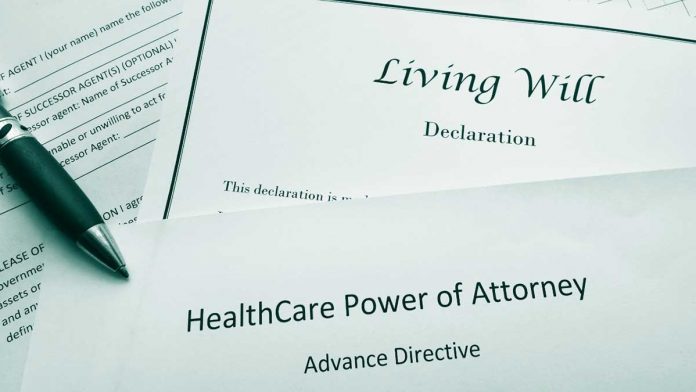The COVID-19 crisis has raised questions and concerns with regard to estate planning. You may be asking yourself, what happens if I can’t manage my own finances due to illness; how will health care decisions be made for me if I cannot communicate my own wishes; or what will happen to my children if I cannot take care of them.
While there is much anxiety during the current health crisis, it can be empowering to have estate planning documents in place that reflect your wishes. At a minimum, you should ensure that you have the following basic documents in place:
- Financial Power of Attorney: This is a document in which you name the person who will handle your finances in the event that you become sick or injured and are unable to manage your financial affairs. The person who you appoint as your financial agent should be someone who will act in your best interests, maintain accurate records, keep your property separate from theirs and avoid conflicts of interest.
- Combined Health Care Powers of Attorney and Living Wills (also known as Combined Advance Directives): A Health Care Power of Attorney is a document in which you name the person who will advocate for your care, consult with doctors about your care and decide your course of medical treatment in the event that you become sick or injured and are unable to make or communicate your wishes. A living will or advance directive is a document in which you state your wishes in the event that you lose your ability to make or communicate your own medical decision at the end of a terminal illness or if you are in a persistent vegetative state.
The person you select as your health care agent should be someone who will consult with all your doctors about your care and decide your course of medical treatment. This person must be willing and able to make potentially difficult decisions about your medical treatment. It is important for this person to know your desires, values, fears and preferences about medical care in various situations so that they are able to act in accordance with your wishes. The more your agent knows about you and your values, the more likely they will be to make the kinds of decisions you would make if you were able.
- Will: A will is the legal document that sets forth how your property will be distributed upon your death. In a will, you can also name an executor. After your death, your executor will be in charge of collecting your assets, paying your debts and taxes from the assets of your estate, and distributing your remaining assets to the beneficiaries you have identified in your will. If you have minor children, you can also name the person you wish to serve as guardian of your minor children after your death.
- Standby Guardianships Designation: This document allows Pennsylvania residents: 1) to name a co-guardian to assist with the care of their child during a period of time when the parents are incapacitated, and 2) to name a guardian who can temporarily (but immediately) assume the care of a child upon the parents’ deaths.
Recognizing the critical needs to have estate planning documents in place during the current health crisis, Jerner Law Group, P.C., is offering a basic estate planning package for Pennsylvania and New Jersey residents on a sliding scale in order to make sure that members of our community have access to basic estate planning documents. The law firm is giving priority to health care workers, first responders and those working in essential services jobs.
Ask questions, get answers about COVID-19
